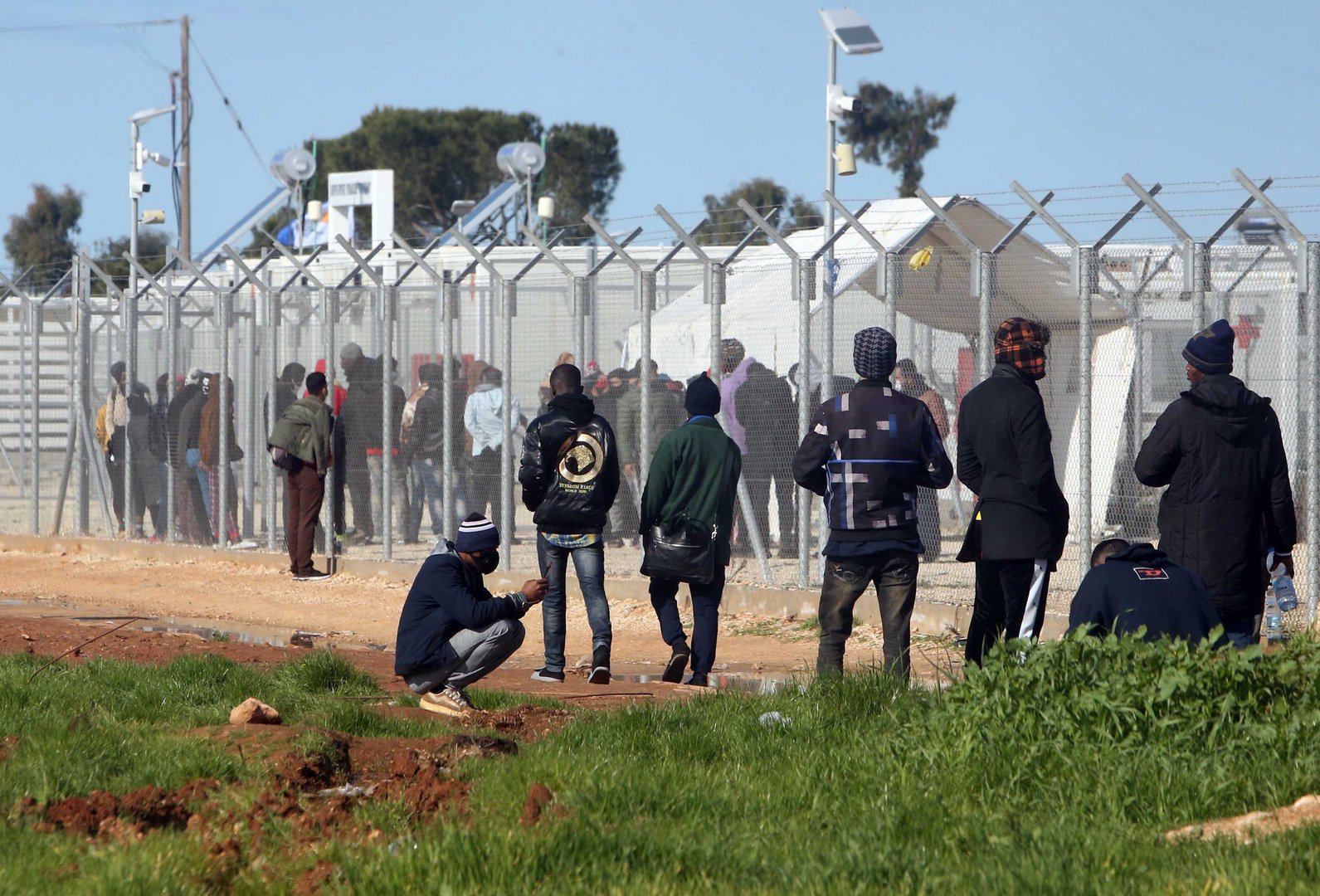People sent to Pournara migrant reception centre were placed in containers without electricity or hot water, crammed next to each other “like sardines, in unhygienic conditions,” the Council of Europe’s anti-torture report on Cyprus revealed on Friday.
The findings detailed foul sanitary conditions which created a “clear health hazard” along with overcrowding living conditions at the Menoyia detention centre being described as too prison like for the nature of the centre.
In its 64-page report, it called for a shift in the way people on the move are treated, urging authorities and staff to recognise “that the act of migration is not, in itself, a criminal offence.
“The push factors for migrants to undertake such hazardous journeys are far greater than any dissuasive effect harsh conditions might have.”
The report highlighted that “subjecting foreign nationals to appalling living conditions and regimes in reception centres and police stations is contrary to European values and international human rights law.”
It specified that toilets and showers in almost all parts of Pournara were dilapidated, causing the water to leak everywhere, creating puddles of stagnant water even outside.
Some residents refused to use the dirty toilets and showers and instead used the communal outside areas for their toilet needs, resulting in piles of excrement and rivulets of urine, the report said.
“These factors cumulatively led to a foul-smelling unsanitary situation which represents a clear health hazard.”
Additionally, the security staff were unwilling to do their rounds of control due to this situation, as noted many times in the official records.
“Such living conditions may well amount to inhuman and degrading conditions,” it charged.
Moreover, the serious level of overcrowding, along with the poor conditions, created a breeding ground for tensions and frustration among the detained population, leading to outbreaks of violence and clashes between different groups, as well as attacks on staff, the report said.
To begin to combat such violence, prevention strategies should be put in place.
Where Menoyia detention centre is concerned, the report said sanitary facilities were not in a good condition, with many showers and toilets not working.
It described as positive that all detained persons had unhindered access to their mobile phones and the internet, which allowed them to maintain communication with the outside world.
However, family visits were being systematically rejected, and the Committee stressed that it was unacceptable in the post-Covid era, for the pandemic to still be used as an excuse to curtail the right to receive visits.
“Despite the director’s recent order lifting the ban, the situation had not changed and immediate action should be taken to provide detained persons and their family members and other visitors with clear information of the new order’s implementation”.
Additionally, detained persons had nothing to structure their days, apart from a weekly visit by the Red Cross to provide a group art session.
The report highlighted concerns over access to information about immigration cases and access to a lawyer. “The management should make more efforts to adequately and regularly inform persons about their situation, any ongoing legal cases and the content of decisions received from different immigration authorities.
“The level of frustration among detained persons observed indicated that communication needed to be improved”.
Access to outside exercise was staggered per block and detained persons were only allowed one and a half hours of access to the fresh air per day despite the existence of two well-maintained yards, the report said.
The findings were based on a visit to Cyprus between May 9 and 17, 2023, culminating in the report by the Council of Europe’s European Committee for the Prevention of Torture and Inhuman or Degrading Treatment or Punishment.






Click here to change your cookie preferences